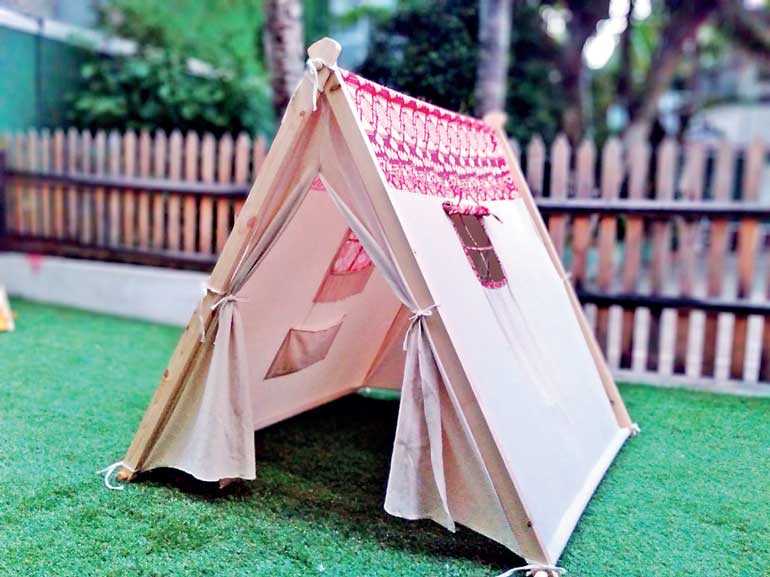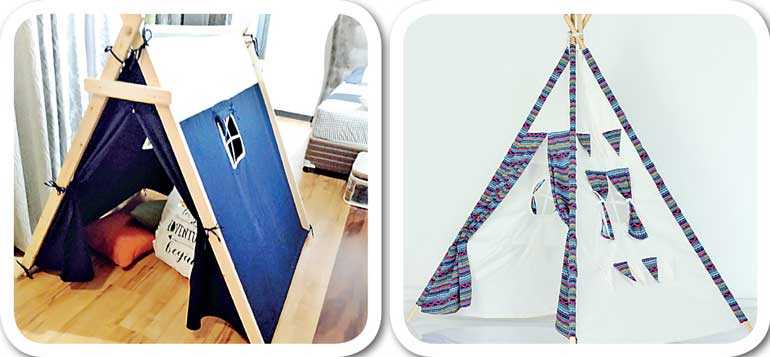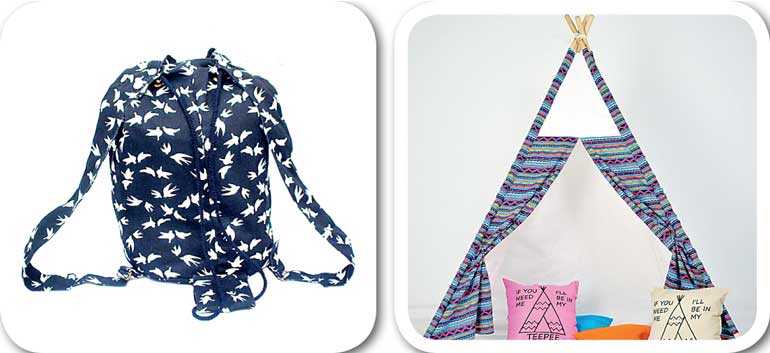Tuesday Feb 17, 2026
Tuesday Feb 17, 2026
Saturday, 26 September 2020 00:05 - - {{hitsCtrl.values.hits}}

By Madushka Balasuriya
|
Anarga Enterprises CEO Prathibha Perera
|
Sometimes the bottom line isn’t necessarily the bottom line. For Anarga Enterprises and its founder and CEO Prathibha Perera, this is most definitely an ethos to live by.
“It does increase our cost, but the community benefits and that is more important,” Prathibha says over a phone conversation with Weekend FT.
What Prathibha is referencing is his company’s work force – primarily made up of individuals and youth from low-income families, who would otherwise, by the metrics of your average company, be deemed ‘unemployable’ – and how offering his staff flexibility in terms of working hours and work-from-home options, might have raised the cost of production but is a net positive nevertheless.
“The majority has family commitments; they can’t do an 8-5 job. The factory workers are paid hourly and when possible they also can take their work home with them.”
To understand where he cultivated this world view you need to first understand Prathibha’s story. At the age of 17 he got involved in social work, working with community-based organisations and NGOs. With his work mainly centred round youth engagement, it was during this time that Prathibha became aware of how the systems and structures of most industries were actively failing the most vulnerable individuals in society.
“We used to teach them [the youth] and train them, and emphasise how if you have a good set of values you can become a good citizen. That if you’re a skilful person there are a lot of opportunities in the market place. But practically speaking this is not the case, with a lot of people struggling to achieve success in their lives – individuals who had skills but were nevertheless struggling to find employment.”
During this period he also had an opportunity to work with HIV-positive youth and the HIV-positive network. Prathibha reveals the plight of many HIV-positive individuals, who he says are heavily discriminated both in society and the work place, making it near-impossible for them to gain employment.
“The issue of discrimination against such individuals in Sri Lanka is massive. Some have lost their entire families, others have had their houses burned down, while many have had their families outright reject them.
“So I wanted to find them a different kind of solution, so we trained them, we gave them a platform to make products – things such as jewellery – and then we would sell them on their behalf.”
From 2010-2016 Prathibha worked very closely with these individuals, offering them a variety of employment options, most commonly as part of the production process in making t-shirts and other apparel. The years after that would see Anarga grow its product catalogue, while continuing to employ more such down-on-luck individuals.
Community-centric products
These days Anarga Enterprises sells a variety of environment and child/home/office-friendly products including play-houses, teepees, bean bags, backpacks, sportswear, and customised apparel. But, as alluded to above, where the company sets itself apart is in its work practices.
The company’s business model is geared around community. Almost the entirety of Anarga’s work force is made up of underprivileged individuals, be it widows, single parents, or uneducated youth. The company’s goal from the outset has been to offer such individuals a platform to showcase and utilise their skills, while nurturing new ones.
Much of the profits from the business meanwhile are reinvested in the local community – in Prathibha’s case this is in Moratuwa, where he is based and works – through youth sports and education programs. Moreover the products themselves are made using raw materials that are sourced ethically.
You can hear the pride in Prathibha’s voice as he speaks, as well as a certain clarity with regard to his and his company’s stated goals. Indeed, it’s unusual to come across an individual so hell-bent on ensuring the best for not just his customers, but also his employees, with standard metrics of success such as profit margins rarely if ever coming into play.

Anarga’s latest product is, in a way, the logical progression of Prathibha’s desire to imbue the youth of the country with skill sets that will be useful in all walks of life.
It all started when a few years ago Prathibha wanted to gift his nephew a teepee, but much to his dismay couldn’t find on anywhere.
“I wanted to gift my nephew a teepee, but it was impossible to find in Sri Lanka. To import it cost around Rs. 25,000 because of taxes and shipping costs, etc. That’s a ridiculous price. I thought this is not worth it.”
Following months of research, Prathibha realised, with his production processes already in place, he could quite easily have them manufactured here. And by early 2019, Anarga’s first line of teepees had hit the market, and at a retail price of Rs. 7,900 – considerably less than what he would have been forced to pay otherwise.
Prathibha hopes that making such a product affordable will encourage kids to play outdoors more, which he firmly believes will help foster creativity and handwork-related skills in a generation that is ever-more focused on inactive past times in front of a variety of screens.
People over profits
 But to make this dream a reality, Prathibha, true to his ‘people over profits’ mantra, wants to make the product even more affordable.
But to make this dream a reality, Prathibha, true to his ‘people over profits’ mantra, wants to make the product even more affordable.
“Compared to the international market it [Rs. 7,900] is a cheap price, but for the Sri Lankan consumer it’s still not cheap. Some categories can afford this product, but others can’t. So my goal eventually is to reduce the price even further.”
This is essentially how Prathibha decided on the company’s latest product – A-frame playhouses. Anarga has begun selling A-frame playhouses – which are cheaper to produce than the teepees – since September, and the hope is that it will catch on with more kids staying at home more often due to COVID-19.
But the most important thing for Prathibha is that this has afforded even more opportunities and a steady source of income to those in his Moratuwa community.
“One thing I saw was that factory workers in most places are treated very unfairly. They’re underpaid, the hours are bad, they’re set unreasonable targets – those are some of the main issues.
“As teepees and tents were not something that was done in Lanka, we trained two factories about the product and invested in the necessary machinery and equipment. Then we made sure we paid the double the wage, so that it’s a fair income for them, and also it’s the best price for the customer.”
